Addiction is a disease that affects millions of people worldwide. It can be a difficult and isolating experience, but there is hope and support available.
The NA hotline, also called the Narcotics Anonymous hotline, is an incredibly helpful resource for people dealing with addiction.
In this article, we will explore what the NA hotline is, how it works, and how it can be a lifeline for those in need.
What is the NA Hotline?
The NA hotline is a 24-hour helpline for individuals seeking help with their addiction to drugs or alcohol. Narcotics Anonymous, a non-profit organization that offers support and resources for those in recovery, operates it. Trained volunteers who are in recovery themselves staff the hotline. They can provide support, information, and resources to those seeking help.

How Does the NA Hotline Work?
The NA hotline is available 24 hours a day, 7 days a week. When someone calls the hotline, they will be connected with a volunteer. The volunteer will listen to their concerns and offer support and resources.
The hotline is completely confidential, and callers do not have to provide any personal information. The volunteer may also be able to connect the caller with a local Narcotics Anonymous meeting. They may also provide information on other resources in their area.
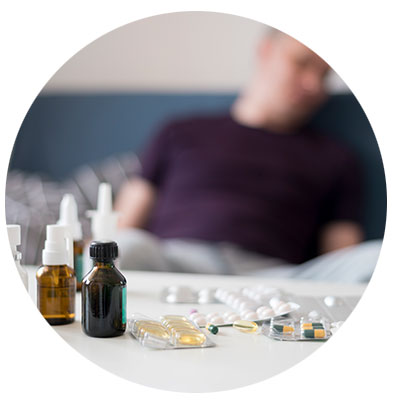
Why is the NA Hotline Important?
The NA hotline is an important resource for those struggling with addiction for several reasons. Foremost, it provides a safe and confidential space for individuals to reach out for help. Many people may feel ashamed or embarrassed about their addiction and may not feel comfortable talking to friends or family about it. The hotline offers a non-judgmental and understanding ear for those in need.
Additionally, the hotline can provide valuable information and resources for those seeking help. The volunteers are trained to provide support and can connect callers with local resources such as meetings, treatment centers, and support groups. This can be especially helpful for those who may not know where to turn for help.
How Can You Reach the NA Hotline?
The NA hotline can be reached by calling 1-800-777-1515. This number is toll-free and can be called from anywhere in the United States. The hotline is available in other countries too. You can find a list of international numbers on the Narcotics Anonymous website.
How Can You Help Support the NA Hotline?
The NA hotline is operated by volunteers and relies on donations to keep the service running. If you would like to support the NA hotline, you can make a donation on the Narcotics Anonymous website. You can also volunteer to become a hotline operator if you are in recovery and have at least one year of sobriety.
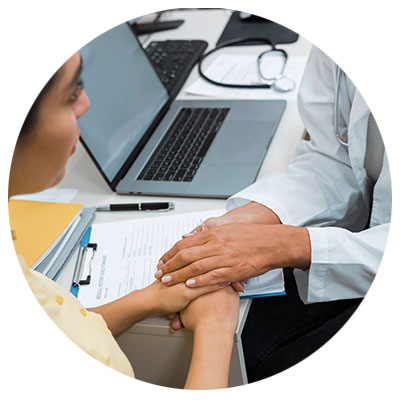
How To Tell if You Or A Loved One Are Addicted To Alcohol
If you or a loved one have been drinking heavily, there are a few signs that might indicate an addiction. These signs can include drinking more than you used to. Drinking to cope with stress. Feeling like you need to drink. Drinking to the point of blacking out. Not being able to stop drinking once you start. If you think you or a loved one may be addicted to alcohol, it’s important to reach out for help as soon as possible.

Narcotics Anonymous Hotline
The Narcotics Anonymous (NA) hotline is a free, 24-hour resource that provides support and information to those struggling with addiction. Through the hotline, individuals can access information on local NA meetings, find treatment resources, and receive support from trained volunteers. The NA hotline is completely confidential, so individuals can feel comfortable discussing their struggles with addiction. The NA hotline number is always available and can be reached by calling 1-800-662-HELP (4357).
How To Treat Drug Use Disorder
When it comes to treating drug use disorder, the first step is to seek professional help. This may involve seeking out a physician, therapist, or addiction specialist to help determine the best course of action. Once a plan is established, treatment typically involves a combination of therapies, medications, and lifestyle changes. Therapies such as cognitive-behavioral therapy (CBT) and motivational interviewing are often used to help individuals work through the underlying causes of their addiction and to learn healthier coping mechanisms. Medications can also be prescribed to help reduce cravings and withdrawal symptoms. Additionally, lifestyle changes such as staying active, managing stress, and avoiding triggers can help individuals stay on the path to recovery.
Medically Supervised Detox
Medically supervised detox is an important step in the recovery process. This involves managing withdrawal symptoms and providing medication to ease the discomfort of withdrawal. The detox process is designed to help individuals become physically and mentally stable so that they can begin the treatment process. During detox, medical staff will monitor vital signs and provide medications to reduce the risk of relapse. Medically supervised detox can help individuals address underlying mental health issues and provide a safe, therapeutic environment for recovery.
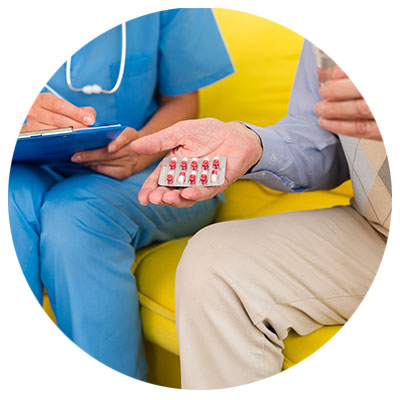
Intake Understanding Each Person’s Unique Plan For Treatment
The Narcotics Anonymous Hotline is a 24-hour support line for those who are struggling with addiction. The hotline provides support, information, referrals, and resources to help individuals find treatment and recovery services. The NA Hotline is staffed by trained recovery professionals who can help individuals get the help they need to begin their journey to recovery. Callers can also be connected to their local Narcotics Anonymous group or treatment center for further support. The hotline is completely confidential and offers a safe place to find help for addiction and to learn more about the resources available.
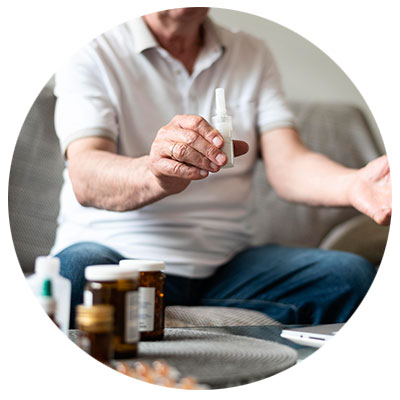
Inpatient (Residential) Drug Treatment Programs
Inpatient drug treatment programs provide an intense and immersive experience for those seeking recovery. These programs are typically short-term and provide 24-hour support for individuals dealing with substance use disorder. These programs involve detoxification, therapy, medication, and other evidence-based treatments. Inpatient treatment is often necessary for those suffering from severe addiction as it allows for stabilizing and monitoring of the individual. It also provides a safe and structured environment where individuals can focus on their recovery without the distractions and outside pressures.
Outpatient Drug Treatment
Outpatient drug treatment programs are less intensive than inpatient programs and allow individuals to live at home while receiving treatment. Outpatient programs are typically more flexible and can be tailored to meet the needs of the individual. These programs usually involve regular visits to a clinic or treatment center to receive medication, therapy, and other treatments. Outpatient treatment may also include individual, family, or group counseling. Outpatient drug treatment programs are beneficial for those with mild to moderate substance use disorder who need support and guidance but are able to maintain sobriety in their day-to-day lives.
MAT – Medication-Assisted Treatment
Medication-Assisted Treatment (MAT) is a form of addiction treatment that combines counseling and therapy with medications such as methadone, buprenorphine, and naltrexone. MAT can help reduce cravings and withdrawal symptoms to make it easier for individuals to remain in treatment. MAT is particularly beneficial for those struggling with opioid addiction as it can help reduce cravings and withdrawal symptoms. However, MAT is not a stand-alone treatment and should be supplemented with counseling and other therapies.

Modalities & Therapies For Treating Drug Addiction
After completing an MAT program, individuals may need to enroll in an aftercare program to maintain their sobriety. Aftercare programs are tailored to the individual’s unique needs and can include follow-up visits with a doctor, support groups, or therapy sessions. Aftercare programs are an important step in maintaining sobriety and preventing relapse. Additionally, it is important that individuals who complete MAT programs have access to resources such as the Substance Abuse and Mental Health Services Administration (SAMHSA) for help in finding treatment centers, support groups, and other resources. Knowing these resources can help individuals develop a strong support system and access necessary services to maintain their recovery.
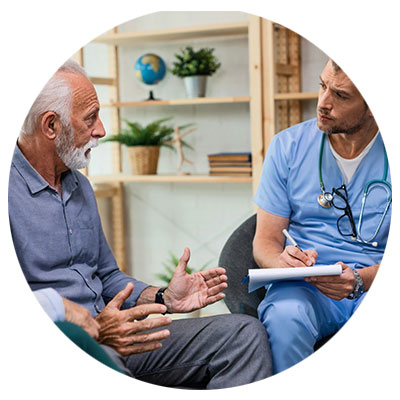
Aftercare For Drug Addiction
Aftercare programs are designed to help individuals maintain their sobriety after completing a MAT program. Aftercare programs may include 12-step meetings, therapy sessions, outpatient treatment, support groups, and more. Aftercare programs can help individuals stay sober and prevent relapse. Individuals should reach out to their MAT program provider for help in finding the right aftercare program for their needs. Additionally, SAMHSA provides a directory of treatment centers and support groups that can provide additional support and resources.
SAMSHA
The Substance Abuse and Mental Health Services Administration (SAMHSA) is a federal agency that provides resources and support for individuals seeking help with addiction and mental health issues. SAMHSA provides a 24-hour hotline for individuals seeking help with drug addiction. The hotline can provide information about local treatment centers, support groups, and other resources. Individuals can also call the hotline to talk to a trained professional about their addiction. It is important to remember that addiction is a chronic disease and that recovery is not a linear process. With the right resources and support, individuals can find the help they need to achieve and maintain sobriety.
Questions to Ask an Drug Treatment Hotline
When calling a drug treatment hotline, it is important to ask questions to determine the best plan of action for treatment. Questions to ask include: What type of treatment is offered at the facility? How long will treatment last? Are there any special services or programs available? What is the cost of treatment? Are there any payment plans available? Are there any support groups available? Are there any aftercare services available? Answering these questions can help individuals better understand their treatment options and make an informed decision about which treatment center to choose.
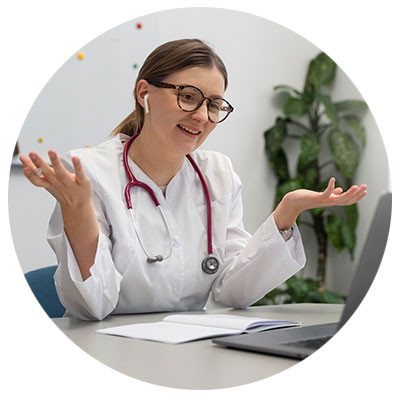
Selecting a Treatment Center
When looking for a treatment center, it is important to do research and ask questions. Individuals should research the qualifications of the staff, the treatment approach, and the success rate of the facility. They should also ask questions about any special services or programs offered, the cost of treatment, and the available payment plans. Additionally, they should ask about any support groups or aftercare services available. These questions will help individuals select a treatment center that best fits their needs.

Safe & Discreet
The NA hotline is a valuable resource for those struggling with addiction. It offers a safe and confidential space for individuals to reach out for help and provides valuable information and resources. If you or someone you know is struggling with addiction, do not hesitate to reach out to the NA hotline for support. Remember, you are not alone and there is hope for recovery.
Image Credits to Freepik
Images Credits to Freepik
https://www.freepik.com/free-photo/diagnose-doctor-medicine-health-wellness-concept_17107289.htm#&position=0&from_view=search&track=ais&uuid=feb802ee-38aa-4c69-bebd-9b146a81575e
https://www.freepik.com/free-photo/close-up-senior-man-holding-container_15186550.htm#&position=0&from_view=search&track=ais&uuid=8aa38b28-029e-4ce3-83a5-5f182aef98a9
https://www.freepik.com/free-photo/lonely-woman-holding-bottle-red-wine_16557504.htm#&position=0&from_view=search&track=ais&uuid=010ff8dd-f59e-4bbc-a9e6-7e016942aa44
https://www.freepik.com/free-photo/doctors-reading-paper-hospital_1986362.htm#&position=0&from_view=search&track=ais&uuid=5e55b166-1676-41a4-a47f-061e1139ef3d
https://www.freepik.com/free-photo/doctor-patient-holding-hands-after-bad-news_11191127.htm#&position=0&from_view=search&track=ais&uuid=e2b4f6b9-945e-47ec-8361-db0b447c42cb
https://www.freepik.com/free-photo/senior-man-his-wife-explaining-their-health-issues-male-doctor-visiting-them-home-taking-notes_25623833.htm#&position=0&from_view=search&track=ais&uuid=69a2b6a5-d36e-4da3-bba3-69581a777636
https://www.freepik.com/free-photo/doctor-teleconsulting-patient-laptop_22706944.htm#query=Questions%20to%20Ask%20doctors%20online&position=10&from_view=search&track=ais&uuid=072225c4-d063-44b1-b2d3-4e4c07119384

